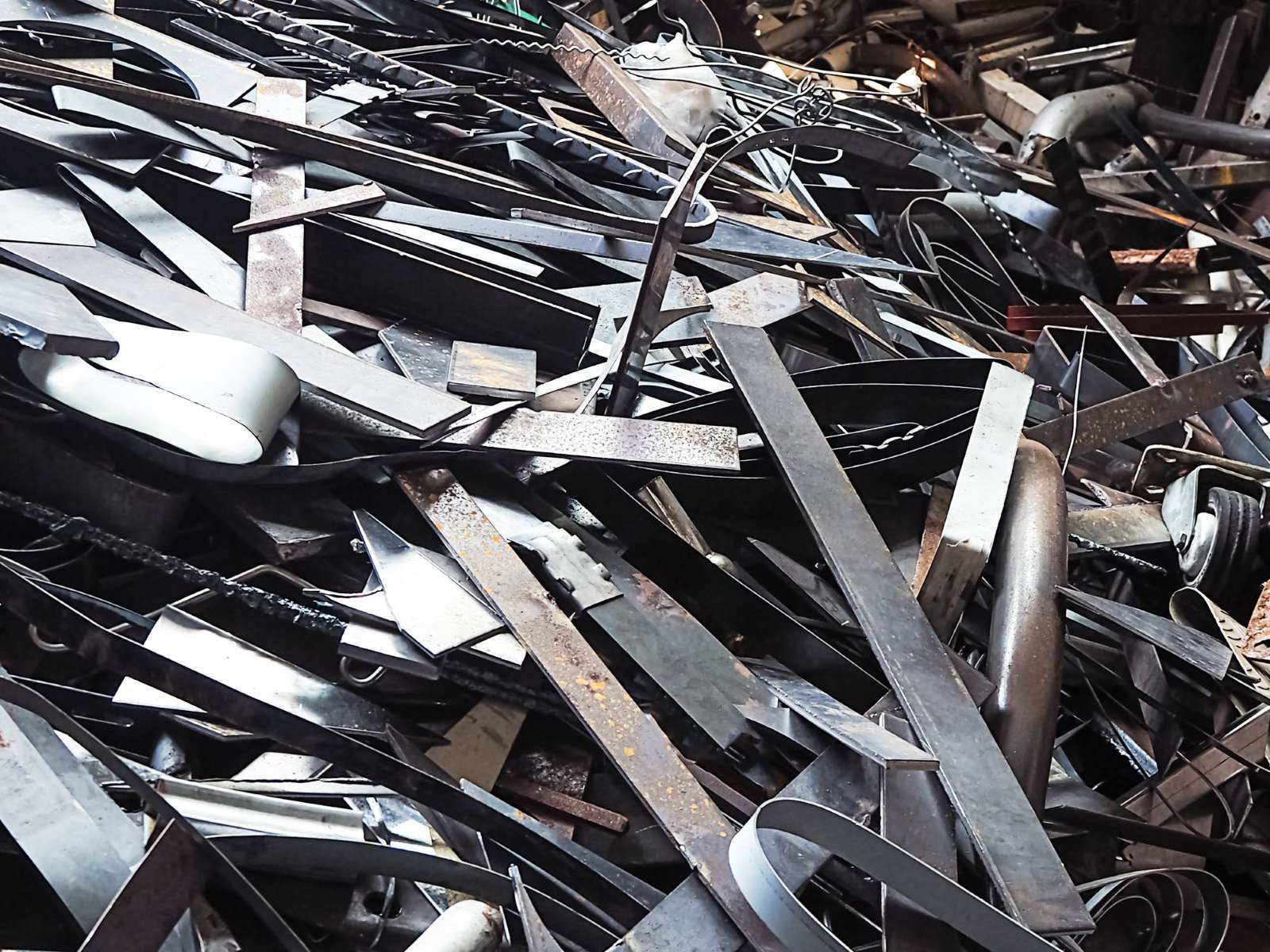
Metal recycling is a crucial practice that plays a significant role in sustainable waste management and the preservation of natural resources. With the growing awareness of environmental conservation, more and more individuals and industries are recognizing the importance of recycling metals. From reducing energy consumption to conserving raw materials and lowering greenhouse gas emissions, metal recycling has numerous benefits.
In this article, we will explore 11 fascinating facts about metal recycling that highlight its significance and impact. From the staggering amount of metal saved through recycling efforts to the endless possibilities of repurposing metals, these facts will give you a deeper appreciation for the value and potential of metal recycling.
Key Takeaways:
- Metal recycling saves resources, reduces pollution, and creates jobs. It’s an easy way to help the environment and make a positive impact on the world.
- Recycling metal conserves water, reduces greenhouse gases, and saves energy. It’s an important step towards a cleaner, more sustainable planet.
Metal recycling saves natural resources.
By recycling metal, we reduce our reliance on virgin materials and preserve valuable natural resources such as iron ore, bauxite, and copper.
Metal recycling reduces greenhouse gas emissions.
The process of extracting and refining metal from raw materials generates a significant amount of greenhouse gases. Recycling metal significantly reduces these emissions, helping combat climate change.
Recycling aluminum saves a tremendous amount of energy.
Aluminum recycling requires only 5% of the energy needed to produce aluminum from raw materials. This energy efficiency makes aluminum one of the most recyclable and sustainable materials on Earth.
Metal recycling conserves water.
Producing metals from virgin materials requires substantial water usage. Recycling metal helps conserve water resources and reduce the strain on our water supply.
Recycling one ton of steel saves 2,500 pounds of iron ore.
By recycling steel, we can save a significant amount of iron ore, which is finite and non-renewable. This helps reduce the environmental impact of mining and preserves valuable resources.
Recycling copper saves 85% of the energy needed to produce it from raw materials.
Copper is highly recyclable and retains its properties indefinitely. Recycling copper not only saves energy but also reduces mining waste and the associated environmental impact.
Metal recycling helps reduce landfill waste.
When metal items are recycled, they do not end up in landfills, where they can take hundreds of years to decompose. Recycling metal helps reduce the amount of waste we produce and the space needed for landfills.
Recycling metal creates jobs.
The metal recycling industry provides employment opportunities in various stages of the recycling process, from collection and sorting to processing and manufacturing recycled metal into new products.
Recycled metals have a wide range of applications.
Recycled metal can be used to manufacture a variety of products, including cars, appliances, construction materials, and even airplanes. The versatility of recycled metal enables it to be incorporated into various industries.
Recycling metal reduces air pollution.
By reducing the need for traditional mining and refining processes, metal recycling helps improve air quality and mitigate the release of harmful pollutants into the atmosphere.
Metal recycling is economically beneficial.
Recycling metal not only benefits the environment but also the economy. It promotes sustainable growth, reduces raw material costs, and provides a source of revenue for both individuals and businesses involved in the recycling industry.
Conclusion
In conclusion, metal recycling is an essential practice that has numerous benefits for both the environment and the economy. By recycling metal, we can conserve natural resources, reduce energy consumption, and decrease greenhouse gas emissions. Additionally, metal recycling helps to create jobs and stimulate economic growth. It is important for individuals and industries alike to actively participate in metal recycling to minimize waste and maximize resource efficiency. Through education, awareness, and responsible recycling practices, we can all contribute to a cleaner and more sustainable future.
FAQs
Q: Why should I recycle metal?
A: Metal recycling helps to conserve natural resources, reduce pollution, and save energy. It also has economic benefits by creating jobs and stimulating the economy.
Q: What types of metal can be recycled?
A: A wide range of metals can be recycled, including aluminum, steel, copper, brass, and more. Most commonly used metals are recyclable.
Q: How do I recycle metal?
A: You can recycle metal by taking it to a recycling center or using your local recycling services. Many communities provide designated drop-off locations or pickup services for metal recycling.
Q: What happens to the metal after it is recycled?
A: After recycling, the metal is processed, sorted, and prepared for remanufacturing. It can then be used to create new products, reducing the need for raw materials.
Q: Can I recycle rusty or damaged metal?
A: Yes, rusty or damaged metal can still be recycled. However, it is always better to remove any non-metal components before recycling to ensure efficient processing.
Q: Is recycling metal cost-effective?
A: Yes, metal recycling is cost-effective. It is often cheaper to recycle metal than to mine and refine new raw materials. Recycling also reduces waste disposal costs.
Q: Can I make money by recycling metal?
A: Yes, you can make money by recycling metal. Many recycling centers pay for scrap metal based on its type and weight.
Q: Why is it important to separate different types of metal for recycling?
A: Separating different types of metal ensures that they can be recycled efficiently. Each metal has unique properties and requires specific processing methods for recycling.
Q: Can I recycle metal packaging such as soda cans and food cans?
A: Yes, metal packaging like soda cans and food cans are highly recyclable. Make sure to clean them before recycling to avoid contamination.
Q: How much energy can be saved by recycling metal?
A: Recycling metal can save a significant amount of energy. For example, recycling aluminum saves up to 95% of the energy required to produce new aluminum from raw materials.
Q: What are the environmental benefits of metal recycling?
A: Metal recycling reduces the need for mining, which has environmental impacts such as deforestation and habitat destruction. It also reduces air and water pollution associated with conventional metal production.
Was this page helpful?
Our commitment to delivering trustworthy and engaging content is at the heart of what we do. Each fact on our site is contributed by real users like you, bringing a wealth of diverse insights and information. To ensure the highest standards of accuracy and reliability, our dedicated editors meticulously review each submission. This process guarantees that the facts we share are not only fascinating but also credible. Trust in our commitment to quality and authenticity as you explore and learn with us.


